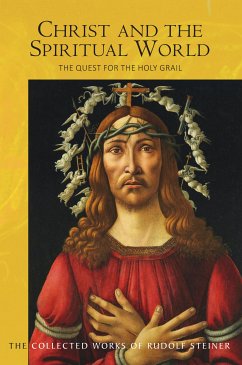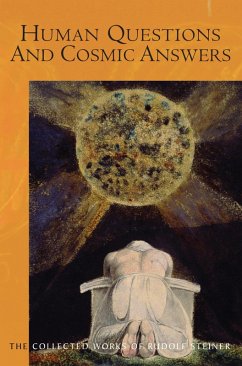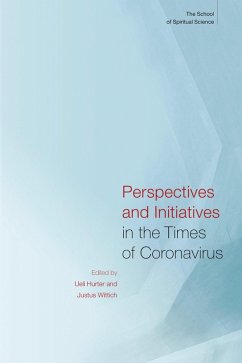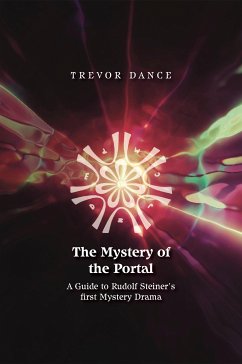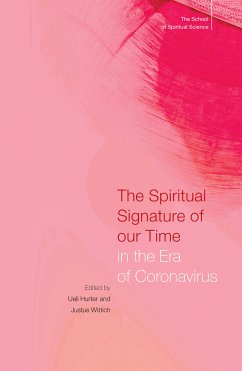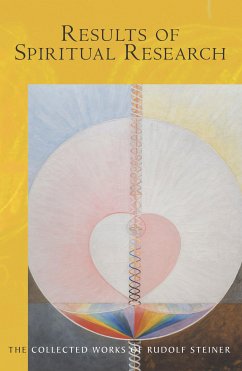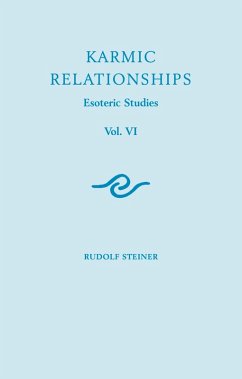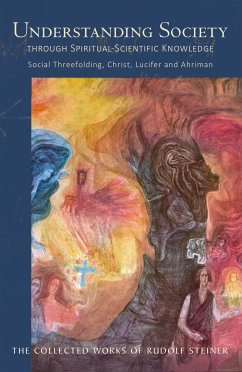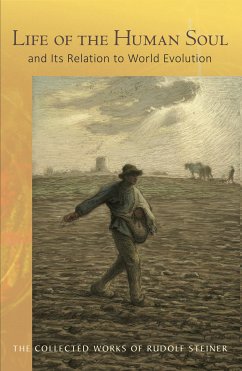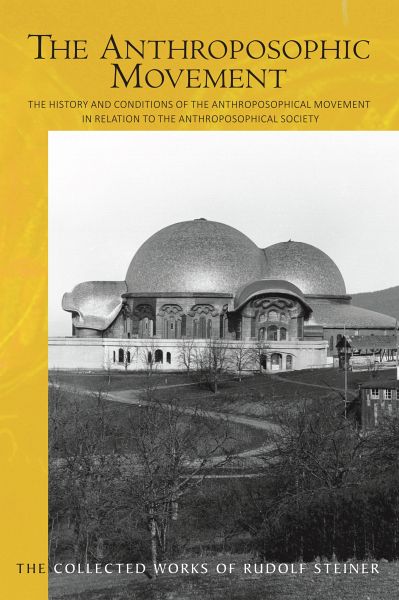
The Anthroposophic Movement (eBook, ePUB)
The History and Conditions of the Anthroposophical Movement in Relation to the Anthroposophical Society. An Encouragement for Self-Examination
Übersetzer: Arnim, C. von

PAYBACK Punkte
0 °P sammeln!
This course of lectures was given at a pivotal point in the development of the anthroposophic movement. Just months before, an act of arson had caused the destruction of the first Goetheanum, and its darkened ruins appeared to reflect the fragmentations within the Anthroposophical Society. Divisions were appearing amongst members and friends, with individual energies increasingly routed to external initiatives and practical projects. It became apparent that a new impetus was needed. In this turbulent context, Steiner delivers these lectures in a calm, lively and informal style. In the last dec...
This course of lectures was given at a pivotal point in the development of the anthroposophic movement. Just months before, an act of arson had caused the destruction of the first Goetheanum, and its darkened ruins appeared to reflect the fragmentations within the Anthroposophical Society. Divisions were appearing amongst members and friends, with individual energies increasingly routed to external initiatives and practical projects. It became apparent that a new impetus was needed. In this turbulent context, Steiner delivers these lectures in a calm, lively and informal style. In the last decades of the nineteenth century, he says, a yearning for spiritual nourishment arose within Western culture, and organizations such as the Theosophical Society gained in popularity. Despite his direct involvement in these events, Steiner describes in dispassionate tones how the spiritual movements behind theosophy and anthroposophy were able to work together harmoniously, before an unavoidable separation took place. Steiner's expansive review of the anthroposophic movement is an important narrative account of the developing Western spiritual tradition and the history of the Mysteries. These lectures also offer rare perceptions of the life and philosophy of Rudolf Steiner. Those who identify with the movement he founded will discover revelatory insights to its background and possibilities for its future development within the broader evolution of humankind.
Dieser Download kann aus rechtlichen Gründen nur mit Rechnungsadresse in A, B, BG, CY, CZ, D, DK, EW, E, FIN, F, GR, H, IRL, I, LT, L, LR, M, NL, PL, P, R, S, SLO, SK ausgeliefert werden.






